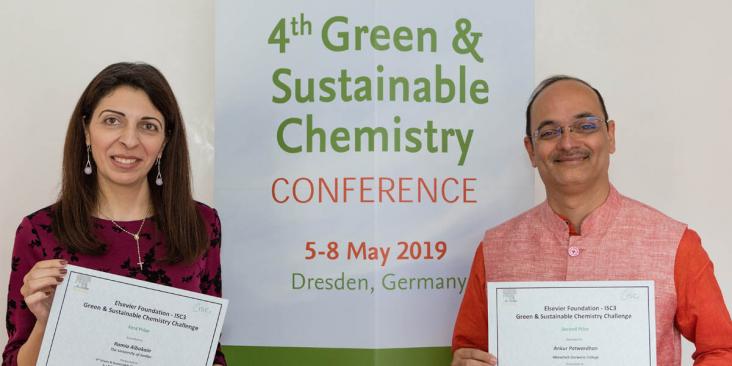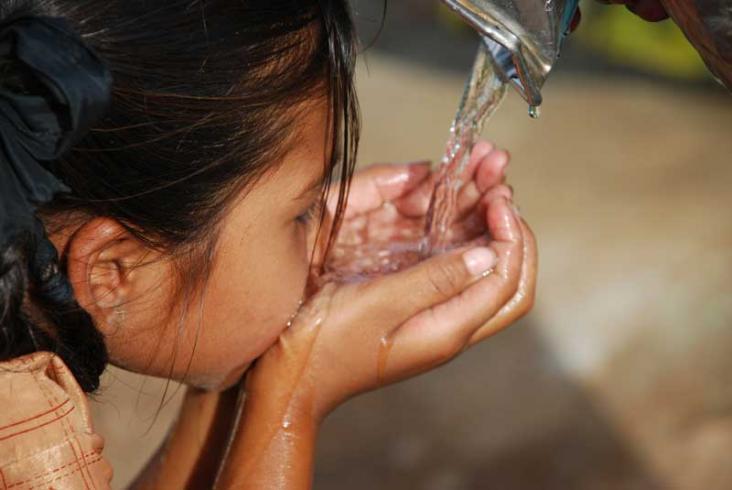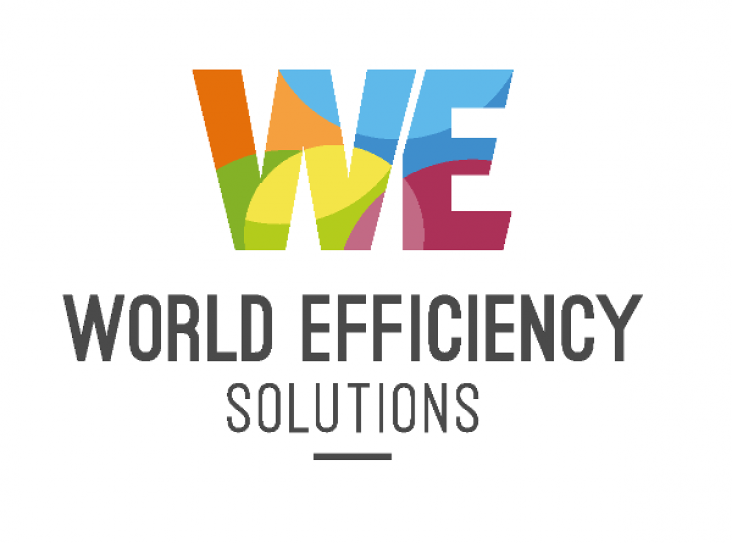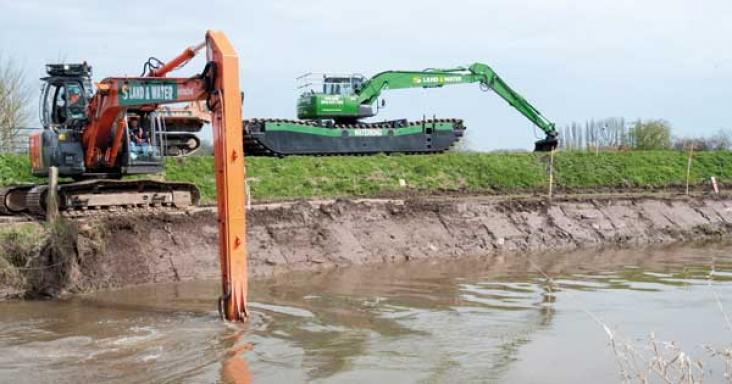
This article highlights the winning proposals of the fourth edition of the Elsevier Foundation Green & Sustainable Chemistry Challenge. The winning proposals were chosen for their innovative green chemistry aspects and their large positive impact on the environment, contributing to SDGs 6, 13 and 15.
Each year the RELX Environmental Challenge is awarded to projects that best demonstrate how they can provide sustainable access to safe water or sanitation. Projects must have clear practical applicability, address identified need and advance related issues such as health, education, or human rights. Applications close on 7 June 2019.

Born in 1978, Pollutec is recognized today as the reference meeting place for environment professionals. The event develops multiple SDGs, including SDGs 6 (clean water and sanitation), 7 (affordable and clean energy), 12 (responsible consumption and production) and 13 (climate action).
Linking to Goals 2, 6, 15, 17, this toolbox connects your business to the latest tools, guidance, case studies, datasets, and more most relevant to you based on your circumstances and interests.
The Corporate Water Disclosure Guidelines advances goal 6; it seeks to provide a common approach to corporate water disclosure that addresses the complexity and local nature of water resources.
Linking to Goal 6 and Goal 17, this Guide to Water-Related Collective Action offers good practice to help companies establish enduring relationships with a broad spectrum of stakeholders, leaders, and individuals to advance sustainable water management.

Contributes to Goal 6. The RELX Group Environmental Challenge 2018 is now open for applications, awarding projects that best demonstrate how they can provide sustainable access to safe water or sanitation. There is a $50,000 prize for the first place entry and a $25,000 prize for the second place entry.
This report seeks to provide an in-depth review of SDG 6 and includes data on the global baseline status, the current situation and trends at global and regional levels, and what more needs to be done to achieve this goal by 2030. The report is based on the latest data available for the 11 SDG 6 global indicators selected by Member States to track progress towards the eight global targets, plus complementary data and evidence from a wide range of sources.

World Efficiency Solutions (WES) is the premier international meeting for the low-carbon and resource-efficient economy focussed on creating the low-carbon and resource-efficient market place. WES was first held in 2015 in Paris during COP21 negotiations, focusing on climate change solutions. World Efficiency develops a new environment consensus: economic and human activities must, to be sustainable, be redesigned to limit their impact on the environment while awareness of the planetary limits (climate change and resources scarcity) becomes widespread. A key objective for WES 2017 is to Identify new market opportunities aligned to the 2030 Sustainable Development Goals (estimated market opportunities are larger than USD 12 trillion) and the Paris Agreement on Climate Change from 2015.

Water management - and ensuring an adequate supply for everyone - is one of the biggest challenges being faced by the UK. In a move by the Environment Agency, internal drainage boards could be given a bigger role in making that happen, helping to reducing flood risks to farmland and local villages in the process. This helps meet SDG 6, Clean Water and Sanitation.
